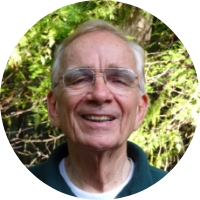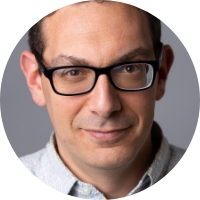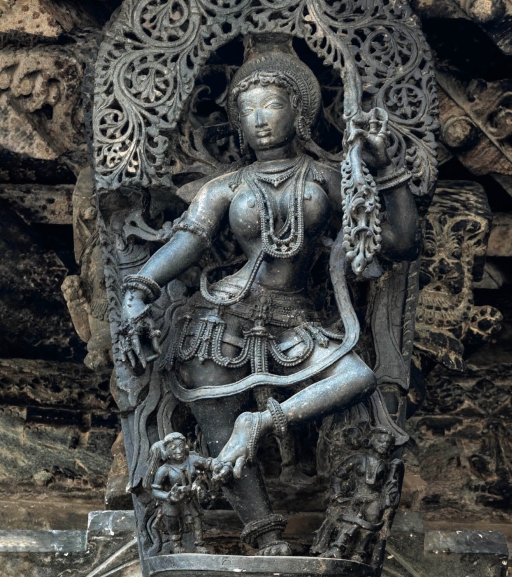India in the Persianate Age: 1000–1765
11 December 2021
Protected by vast mountains and seas, the Indian subcontinent might seem a nearly complete and self-contained world with its own religions, philosophies, and social systems. And yet this ancient land and its varied societies experienced prolonged and intense interaction with the peoples and cultures of East and Southeast Asia, Europe, Africa, and especially Central Asia and the Iranian plateau.
Richard M. Eaton tells this extraordinary story with relish and originality, as he traces the rise of Persianate culture, a many-faceted transregional world connected by ever-widening networks across much of Asia. Introduced to India in the eleventh century by dynasties based in eastern Afghanistan, this culture would become progressively indigenized in the time of the great Mughals (sixteenth, seventeenth, and eighteenth centuries). Eaton brilliantly elaborates the complex encounter between India’s Sanskrit culture—an equally rich and transregional complex that continued to flourish and grow throughout this period—and Persian culture, which helped shape the Delhi Sultanate, the Mughal Empire, and a host of regional states. This long-term process of cultural interaction is profoundly reflected in the languages, literatures, cuisines, attires, religions, styles of rulership and warfare, science, art, music, and architecture—and more—of South Asia.
Watch the video below.
Speaker(s)

Richard M Eaton
Richard M Eaton is a Professor at the University of Arizona with a primary interest in the social and cultural history of pre-modern India (1000-1800). Most recently, he has pub... Read More
Alka Patel
Alka Patel is Associate Professor in the Department of Art History and in the PhD Program for Visual Studies at the University of California, Irvine. Her research has focused on... Read More

Roy S. Fischel
Roy S. Fischel is a lecturer in the History of South Asia at SOAS University of London. He completed his PhD at the University of Chicago in 2012. His work focuses on state, soc... Read More


